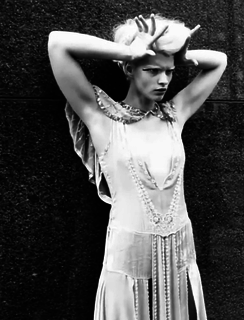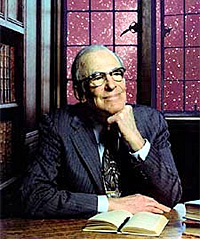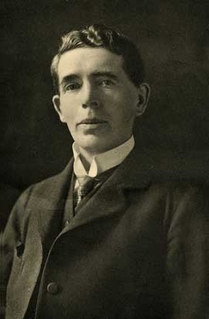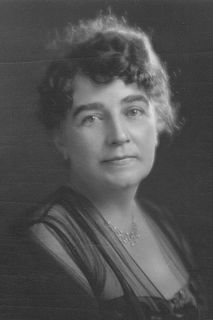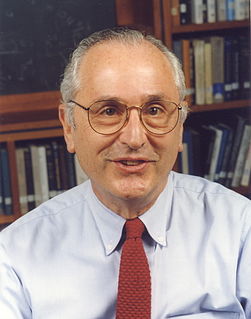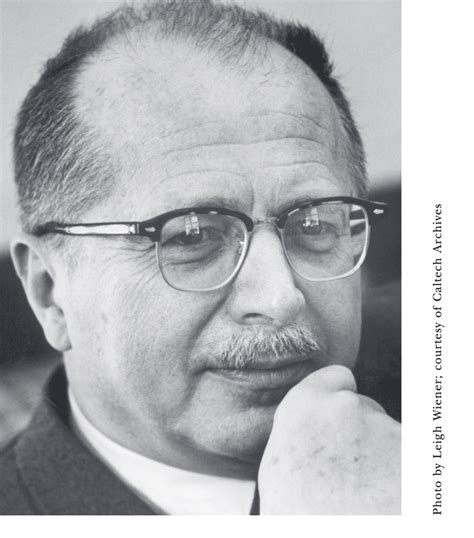A Quote by Mark Twain
I love to revel in philosophical matters-especially astronomy. I study astronomy more than any other foolishness there is. I am a perfect slave to it. I am at it all the time. I have got more smoked glass than clothes. I am as familiar with the stars as the comets are. I know all the facts and figures and have all the knowledge there is concerning them. I yelp astronomy like a sun-dog, and paw the constellations like Ursa Major.
Related Quotes
Astronomy may be revolutionized more than any other field of science by observations from above the atmosphere. Study of the planets, the Sun, the stars, and the rarified matter in space should all be profoundly influenced by measurements from balloons, rockets, probes and satellites. ... In a new adventure of discovery no one can foretell what will be found, and it is probably safe to predict that the most important new discovery that will be made with flying telescopes will be quite unexpected and unforeseen.
I may remind you that history is not a branch of literature. The facts of history, like the facts of geology or astronomy, can supply material for literary art; for manifest reasons they lend themselves to artistic representation far more readily than those of the natural sciences; but to clothe the story of human society in a literary dress is no more the part of a historian as a historian, than it is the part of an astronomer as an astronomer to present in an artistic shape the story of the stars.
As a writer I feel more like a filter than a performer. I absorb and observe and then I name scatterings of stars into constellations. I don't usually spend time asking whether the stars are random or planned. I make a narrative in the darkness, the area subscribed by an outline of bright points. Sometimes they look like Ursa Minor, and sometimes they just looks like one day the world exploded.
I was drawn to astronomy by a teenage existential quest. Around 13, I was deep into wondering about the meaning of life and what I was doing here. I turned to religion, but that did nothing for me. I got to wondering where was here. So, I began studying astronomy and became enthralled by what I learned.
These neutrino observations are so exciting and significant that I think we're about to see the birth of an entirely new branch of astronomy: neutrino astronomy. Supernova explosions that are invisible to us because of dust clouds may occur in our galaxy as often as once every 10 years, and neutrino bursts could give us a way to study them.
At the age of three I began to look around my grandfather's library. My first knowledge of astronomy came from reading and looking at pictures at that time. By the time I was six I remember him buying books for me. ... I think I was eight, he bought me a three-inch telescope on a brass mounting. ... So, as far back as I can remember, I had an early interest in science in general, astronomy in particular.
In law, as in every other branch of knowledge, the truths given by induction tend to form the premises for new deductions. The lawyers and the judges of successive generations do not repeat for themselves the process of verification any more than most of us repeat the demonstrations of the truths of astronomy or physics.




